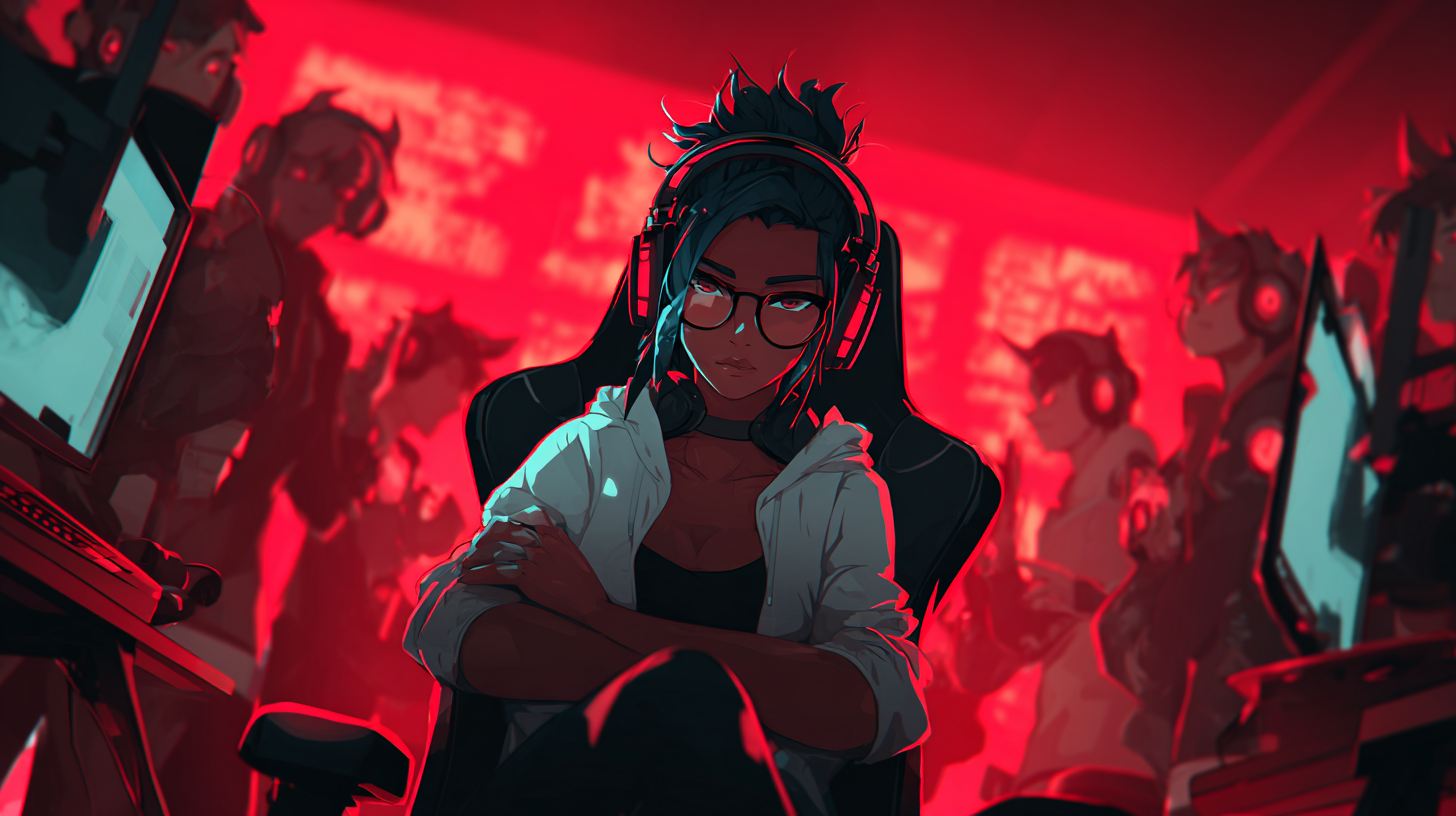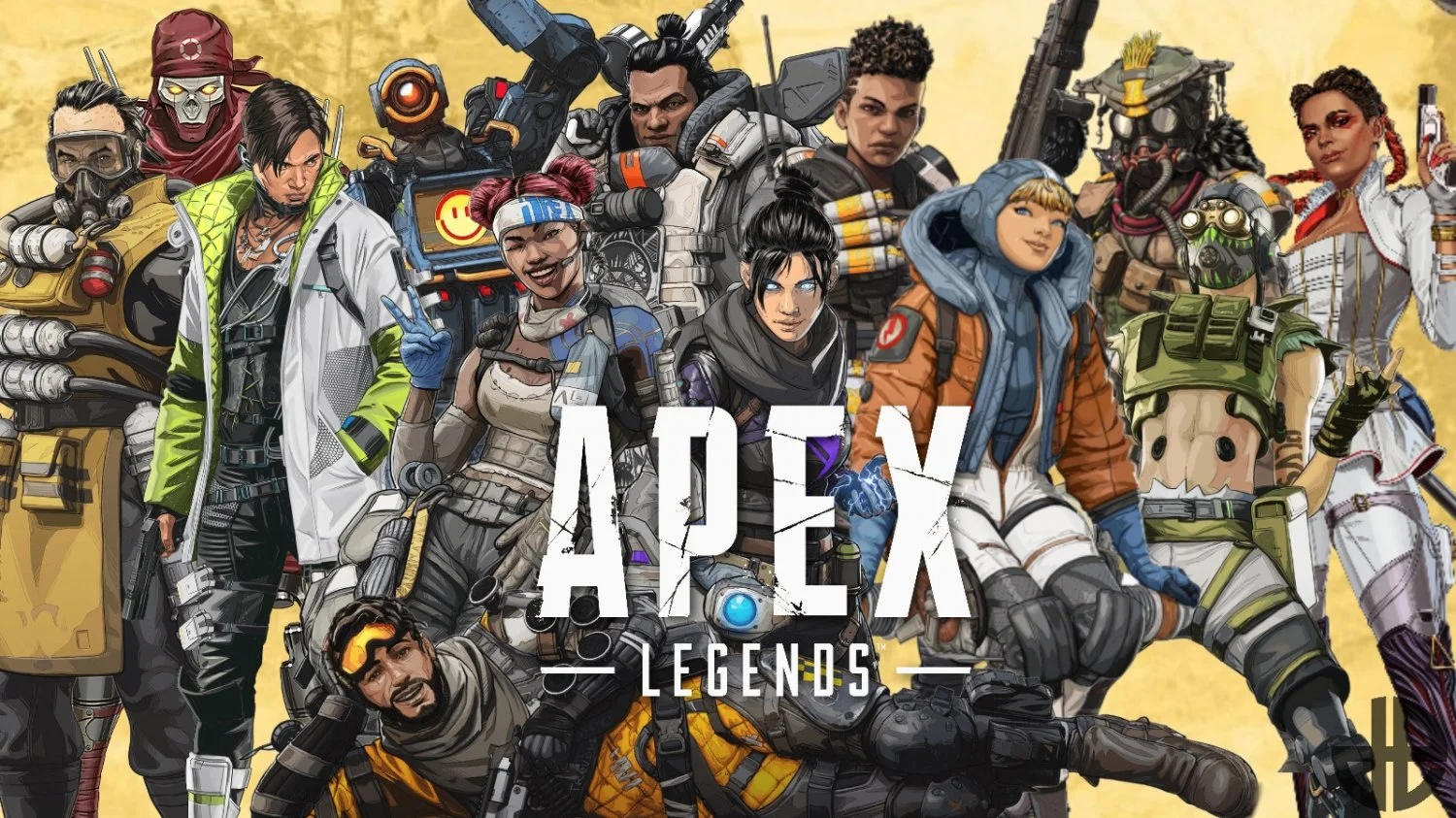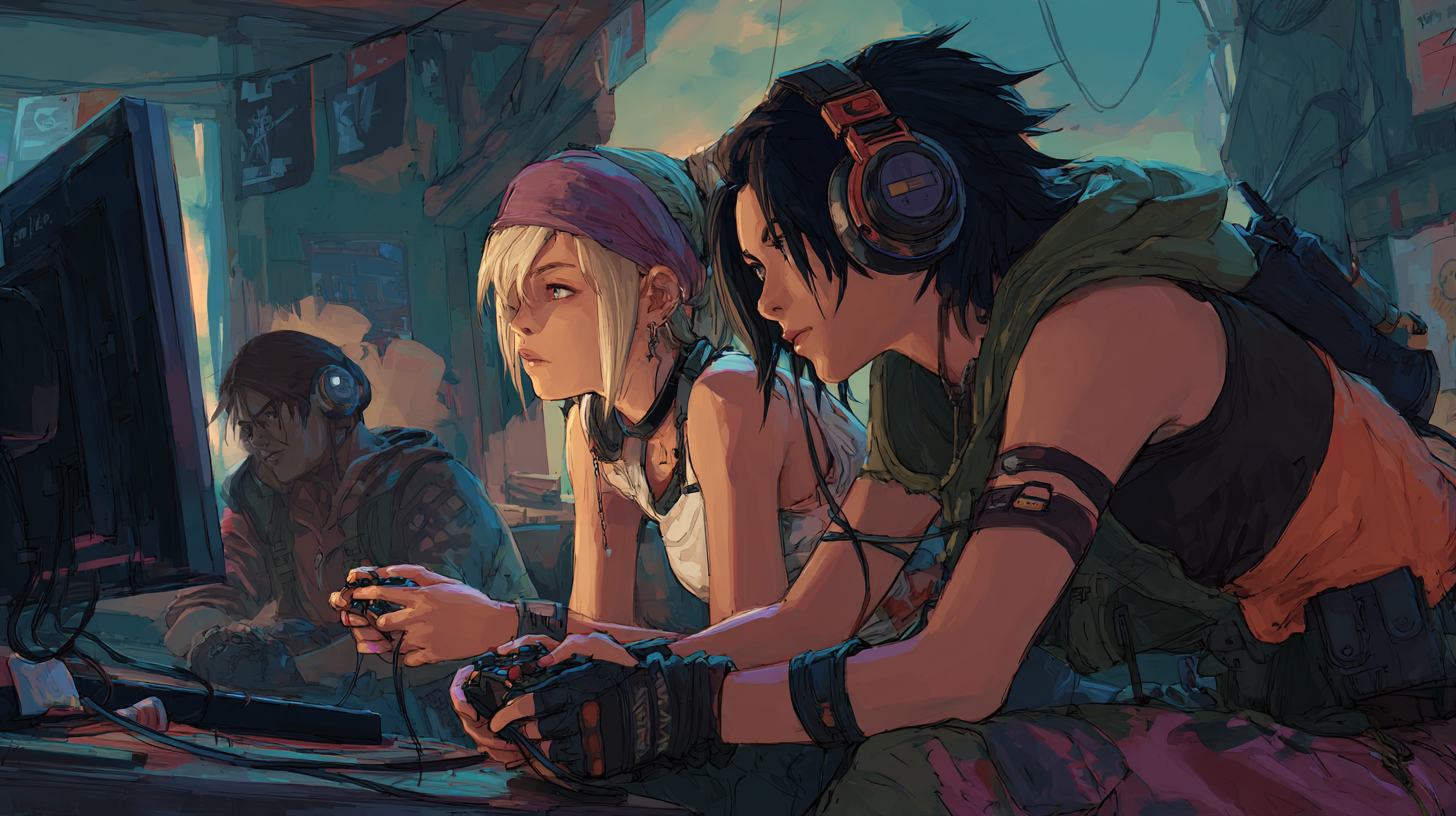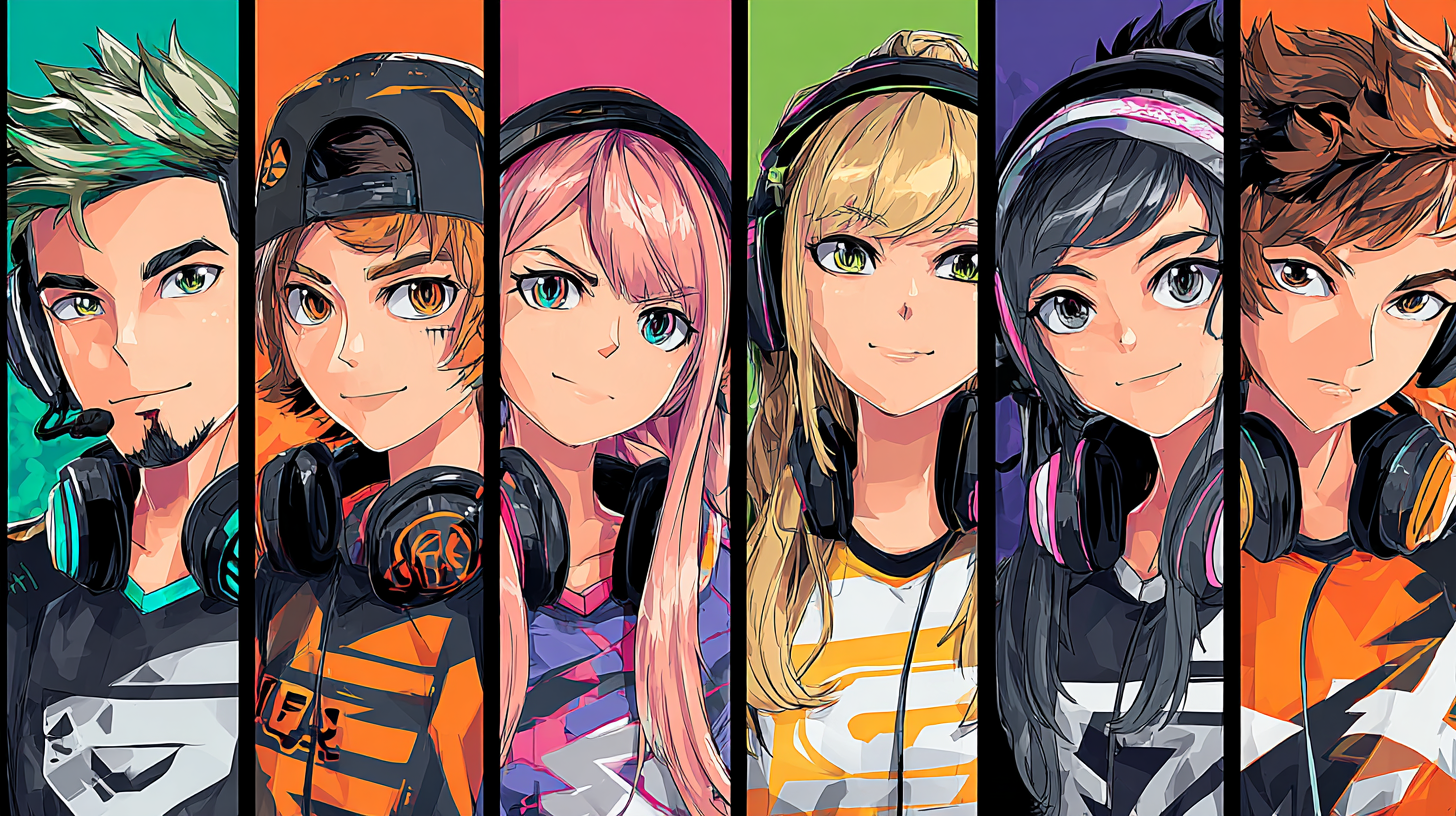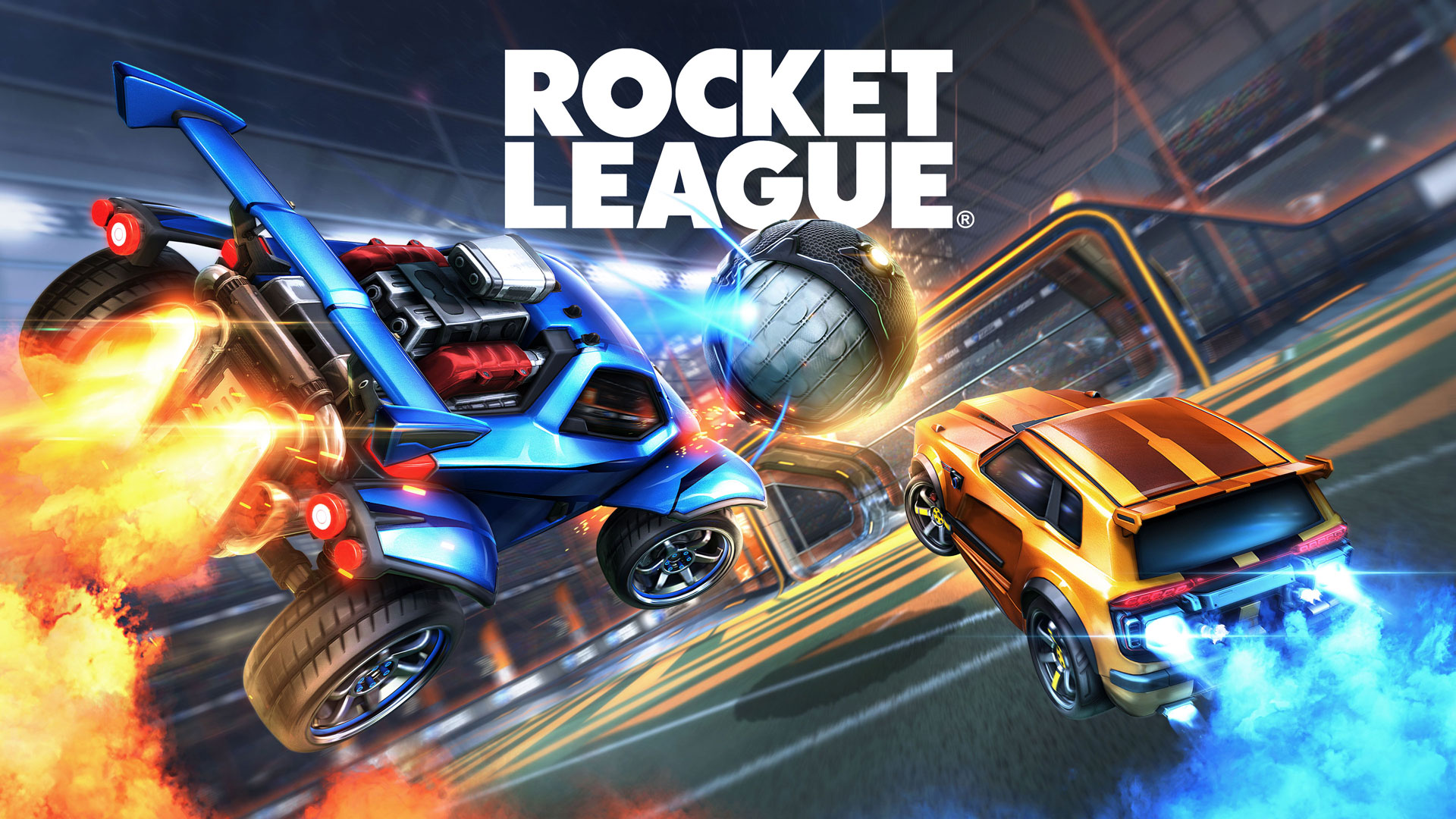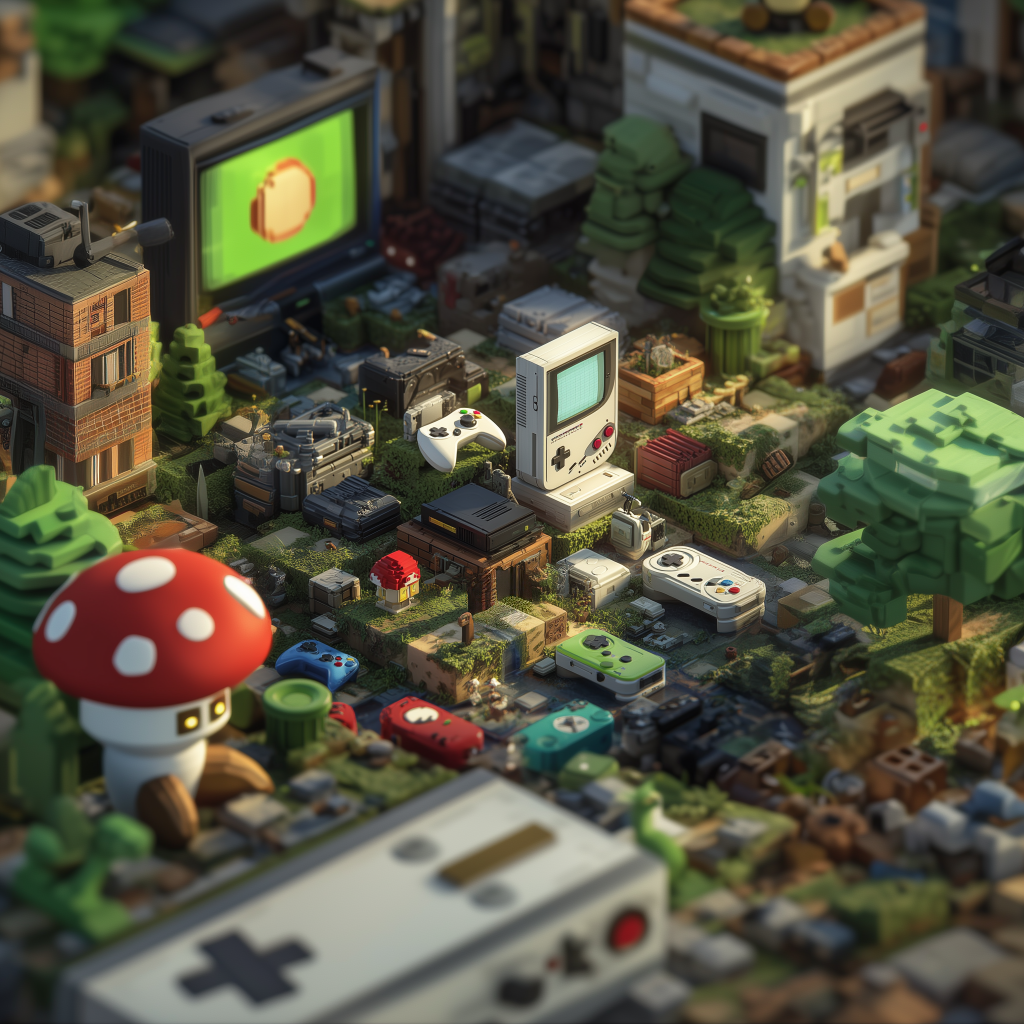You log in excited for your gaming session, join voice chat with your squad, and within minutes feel your energy draining. What should be fun feels like work. Your performance suffers, frustration builds, and you start questioning whether ranked is even worth playing anymore.
Here's the truth: it's probably not the game – it's your squad. Playing with incompatible teammates doesn't just reduce your enjoyment; it actively damages your performance, mental health, and long-term relationship with gaming. Recognizing when a squad isn't working is the first step toward finding one that actually enhances your experience.
Introduction
Most gamers stay in bad squad situations far longer than they should. Whether out of loyalty, fear of playing solo, or simply not recognizing the warning signs, they tolerate gaming relationships that make them worse at the games they love.
This article identifies five clear red flags that indicate you're playing with the wrong gaming squad. We'll explore what each sign looks like in practice, why it's problematic, and when it's time to move on. More importantly, we'll discuss what finding better fits looks like and how to approach that transition.
While finding compatible teammates can be challenging, platforms like Jynx are making it easier with AI-powered matchmaking that identifies compatibility issues before they become problems.
Sign 1: Communication Feels Like Pulling Teeth
Effective communication is the foundation of any successful gaming squad, but it can't be one-sided.
What This Looks Like
The Silent Treatment:
- You're the only one making callouts
- Questions go unanswered or get one-word responses
- Strategic discussions fall flat
- Nobody engages with your suggestions
The Chaos:
- Everyone talks over each other constantly
- Critical information gets lost in noise
- No one listens to callouts
- Arguments erupt over who should shotcall
The Mismatch:
- You prefer detailed communication; they prefer silence
- They crack jokes during clutch moments when you need focus
- Your playstyle requires coordination they won't provide
- Their communication style triggers frustration rather than teamwork
Why It's a Problem
Communication incompatibility creates a compounding negative effect:
- Missed opportunities due to poor coordination
- Frustration building during every game session
- Mental energy wasted on forcing communication
- Performance degradation as you can't execute strategies
You shouldn't have to beg your squad to communicate basic information or constantly ask them to quiet down. Natural communication flow separates functional teams from dysfunctional ones.
When It's a Deal-Breaker
Give it 10-15 games. If communication patterns haven't improved by then, they won't. Some teams take time to develop communication chemistry, but fundamental mismatches in communication style rarely resolve themselves.
If you find yourself dreading voice chat with your squad, that's a clear signal the fit isn't right.
Sign 2: Your Playstyles Fundamentally Clash
Skill level matters less than playstyle compatibility for long-term squad success.
What This Looks Like
The Aggression Gap:
- You want to play calculated and strategic
- They constantly force aggressive plays
- Or vice versa: you want to fight, they want to farm
- Every game becomes a internal struggle over tempo
The Priority Mismatch:
- You focus on objectives and winning
- They prioritize kills and individual performance
- You can't agree on when to engage or disengage
- Strategic goals feel completely misaligned
The Responsibility Imbalance:
- You always play supportive roles while others take flashy positions
- Nobody wants to make sacrifices for team success
- You feel forced into roles you don't enjoy
- The team's success depends entirely on your flexibility
Why It's a Problem
Playstyle clashes create constant frustration:
- You can't execute your preferred strategies
- Every decision requires negotiation and compromise
- Natural gameplay feels forced and uncomfortable
- Your individual performance suffers adapting to incompatible styles
Teams function best when playstyles complement rather than conflict. If you're an aggressive entry fragger, you need teammates who trade and follow up, not passive players who leave you isolated.
When It's a Deal-Breaker
If after 20 games together you still can't find a rhythm or consistent strategy everyone commits to, the playstyle gap is too wide. Successful teams develop synergies naturally – if you're still fighting about basic approach after significant time together, you're fundamentally incompatible.
This is exactly why AI-powered matchmaking is revolutionizing how gamers connect – it takes playstyle compatibility into account automatically, matching aggressive players with aggressive teammates and tactical players with strategic minds.
Sign 3: Negativity Outweighs Positive Moments
The emotional tenor of your gaming sessions reveals a lot about squad health.
What This Looks Like
Toxic Patterns:
- Constant blaming after losses
- Personal attacks when mistakes happen
- Sarcasm and passive-aggressive comments
- No one takes accountability for their own errors
Emotional Drain:
- You feel worse after playing with the squad than before
- Every session includes arguments or tension
- Positive moments feel rare compared to negative interactions
- You need recovery time after squad sessions
The Tilt Spiral:
- One person's bad mood infects the entire team
- Losses trigger extended negative rants
- Winning doesn't improve the atmosphere
- The squad enables each other's worst emotional tendencies
Why It's a Problem
Gaming should enhance your life, not drain it:
- Chronic stress and negative emotions damage mental health
- Performance deteriorates in toxic environments
- You develop negative associations with games you love
- The hobby becomes an obligation rather than enjoyment
Teams should make tough losses bearable through mutual support. If your squad makes even wins feel hollow through constant negativity, something is fundamentally wrong.
When It's a Deal-Breaker
Immediate. Toxicity doesn't get better; it gets worse. If your squad includes genuinely toxic players who won't change after direct conversations about behavior, leave. No rank gain or skill improvement is worth damaging your mental health.
Some negativity after frustrating losses is human. Consistent toxicity that poisons every session is unacceptable.
Sign 4: Reliability and Commitment Don't Match
Mismatched expectations about commitment levels destroy squads.
What This Looks Like
The Ghost Squad:
- Scheduled sessions regularly canceled last minute
- Players frequently no-show without communication
- Inconsistent availability makes planning impossible
- You're always waiting on someone or playing shorthanded
The Commitment Gap:
- You want to practice and improve seriously
- They treat it as ultra-casual fun only
- Or vice versa: they demand pro-level commitment you can't provide
- Investment levels create constant tension
The Schedule Mismatch:
- Your available times rarely overlap
- Time zone differences make coordination difficult
- Some members play daily, others weekly
- Team chemistry never develops due to inconsistent play
Why It's a Problem
Reliability mismatch creates practical issues:
- Wasted time waiting for players who don't show
- Inability to develop consistent strategies
- Frustration from constantly rescheduling
- Squad never reaches its potential due to lack of reps together
Team chemistry requires repetition. If you can't get consistent time together, you'll never develop the coordination that separates good squads from great ones.
When It's a Deal-Breaker
If after establishing clear schedules and expectations, players still regularly fail to honor commitments, they're telling you their priorities. Believe them.
For competitive improvement, you need teammates who match your commitment level. Casual players shouldn't be in serious competitive squads, and hardcore grinders shouldn't expect casual players to match their intensity.
Sign 5: Your Goals and Aspirations Don't Align
The most subtle but perhaps most important incompatibility: mismatched objectives.
What This Looks Like
The Rank Gap:
- You want to climb and improve
- They're content at current rank
- Or they're obsessed with ranking up while you want fun
- Every loss creates conflict over priorities
The Learning Divide:
- You want to review VODs and study strategies
- They refuse any structured improvement
- Feedback is rejected or creates defensiveness
- The squad has no collective growth mindset
The Future Vision:
- You see this as a long-term competitive team
- They view it as a temporary casual arrangement
- Or vice versa: they want to go semi-pro, you want casual fun
- Implicit assumptions about the squad's trajectory differ completely
Why It's a Problem
Goal misalignment creates inevitable friction:
- Disagreements about how seriously to take games
- Conflicts over practice time and structure
- Frustration when others won't invest in improvement (or take it too seriously)
- The squad slowly drifts apart as priorities diverge
Teams need shared vision. Whether that's "reach Diamond this season" or "have fun in casual modes together," everyone needs to be working toward compatible goals.
When It's a Deal-Breaker
Have explicit conversations about goals early. If your squad can't agree on basic objectives – competitive vs casual, current rank vs climbing, fun vs improvement focus – you're building on shaky foundation.
It's fine to have different long-term gaming aspirations, but your immediate objectives with this specific squad need alignment.
Ready to find your perfect gaming squad? Jynx's AI matchmaking analyzes playstyle, skill level, personality, and goals to connect you with compatible teammates who share your vision for competitive gaming.
How to Find Better Fits
Recognizing you're in the wrong squad is step one. Finding better fits is step two.
What to Look For
Green Flags in Potential Squads:
- Natural communication flow without forced effort
- Complementary playstyles that create synergies
- Positive atmosphere even during losses
- Reliable attendance and matched commitment
- Aligned goals and competitive mindset
Testing Compatibility:
- Play 5-10 games before committing long-term
- Have explicit conversations about goals and expectations
- Observe how potential teammates handle adversity
- Notice whether you're excited or dreading next session
The Transition Process
Leaving Gracefully:
- Be honest but kind about incompatibility
- Frame it as "different goals" not "you're terrible"
- Offer to help them find replacement if you're comfortable
- Don't burn bridges unnecessarily
Finding New Teammates:
- Use matchmaking platforms that assess compatibility
- Be clear about your playstyle and goals upfront
- Don't settle for first available squad
- Prioritize chemistry over marginal skill differences
Modern AI-powered platforms like Jynx make finding compatible teammates dramatically easier. Instead of trial-and-error with random squads, behavioral analysis and personality matching connect you with players who naturally fit your communication style, playstyle, and competitive goals.
Conclusion
Playing with the wrong gaming squad isn't just unpleasant – it actively damages your performance, mental health, and relationship with gaming. If you recognize multiple signs from this article in your current squad, it's time to have honest conversations about compatibility or start looking for better fits.
Remember: loyalty to bad situations isn't virtue; it's self-sabotage. The right squad makes you better at games you love while enhancing your enjoyment. The wrong squad does the opposite. You deserve teammates who elevate your experience, not drain it.
Don't settle for gaming relationships that make you miserable. Find teammates who communicate naturally with you, share your playstyle, maintain positive energy, show up reliably, and work toward compatible goals. They're out there – you just need to know when to stop looking in the wrong places.
Download Jynx today and discover how AI can help you find the perfect gaming teammates in minutes – players who match your communication style, playstyle, and competitive mindset for chemistry that feels natural from the first game.
Frequently Asked Questions
Q: How long should I give a new squad before deciding it's not working? A: 10-15 games for communication and playstyle compatibility. Immediate if toxicity emerges. Some friction is normal early, but fundamental incompatibilities usually reveal themselves quickly.
Q: Is it wrong to leave a squad if they're nice people but bad fits? A: No. Gaming compatibility and personal likability are different. You can appreciate people as individuals while recognizing you don't work well as teammates. Being honest about incompatibility is kinder than fake commitment.
Q: Should I try to fix squad issues before leaving? A: Yes, have direct conversations about problems first. Some issues resolve with explicit communication. But if problems persist after honest discussions, the incompatibility is real.
Q: What if I can't find anyone better? A: Playing solo or in smaller groups is better than staying in actively harmful squad situations. Focus on meeting new players through matchmaking platforms that assess compatibility rather than settling.
Q: Can squads with one toxic member still work? A: Rarely. Toxicity spreads. If the squad won't address or remove toxic members, they're implicitly endorsing that behavior. Find a squad with standards.
